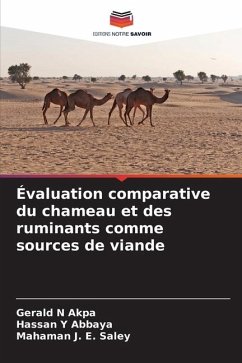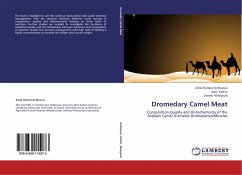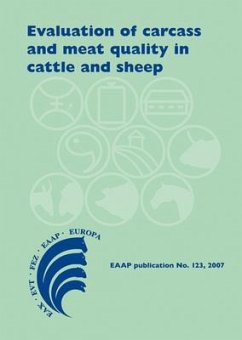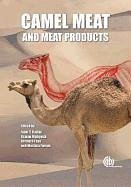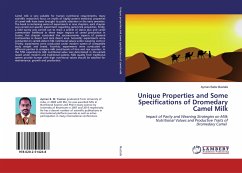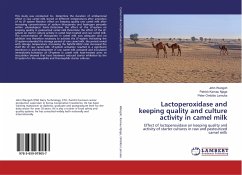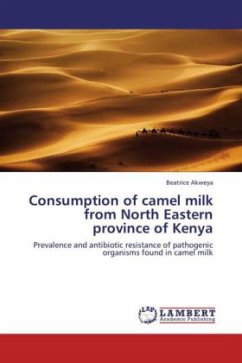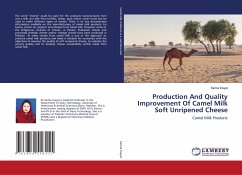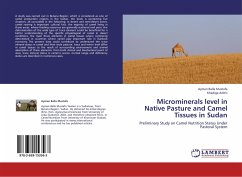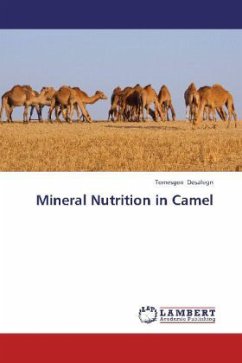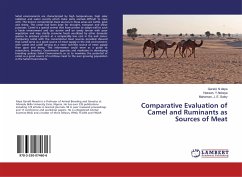
Comparative Evaluation of Camel and Ruminants as Sources of Meat
Versandkostenfrei!
Versandfertig in 6-10 Tagen
19,99 €
inkl. MwSt.

PAYBACK Punkte
10 °P sammeln!
Sahel environments are characterized by high temperatures, high solar radiation and water scarcity which make some animals difficult to cope with. The known conventional meat sources in these areas are Cattle, goat and sheep. The camel had been kept for drought, transport and other purposes. Camel is a special animal that have proven to adapt well to such a harsh environment and can survive well on sandy terrain with poor vegetation and may chiefly consume feeds unutilized by other domestic species to produce protein at a comparably low cost in the arid zones. Comparing camel with the conventi...
Sahel environments are characterized by high temperatures, high solar radiation and water scarcity which make some animals difficult to cope with. The known conventional meat sources in these areas are Cattle, goat and sheep. The camel had been kept for drought, transport and other purposes. Camel is a special animal that have proven to adapt well to such a harsh environment and can survive well on sandy terrain with poor vegetation and may chiefly consume feeds unutilized by other domestic species to produce protein at a comparably low cost in the arid zones. Comparing camel with the conventional meat sources provided showed that camel serve as a good source of meat supply in the arid environment; with camel and cattle serving as a more nutritive source of meat supply than goat and sheep. This information could serve as a guide to researchers, breeders, Government agencies and marketers in developing breeding policies Sahel Environments so as to maximize the potential of camel as a good source of nutritious meat to the ever growing population in the Sahel Environments.



